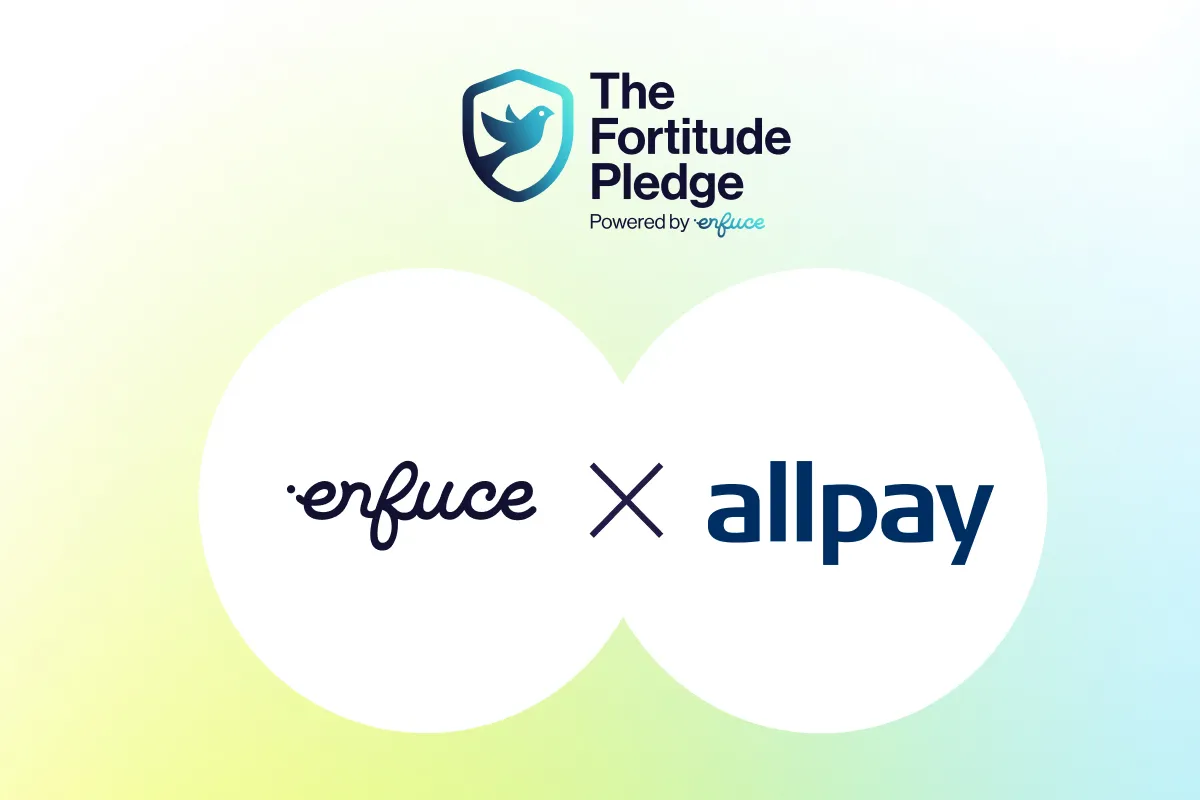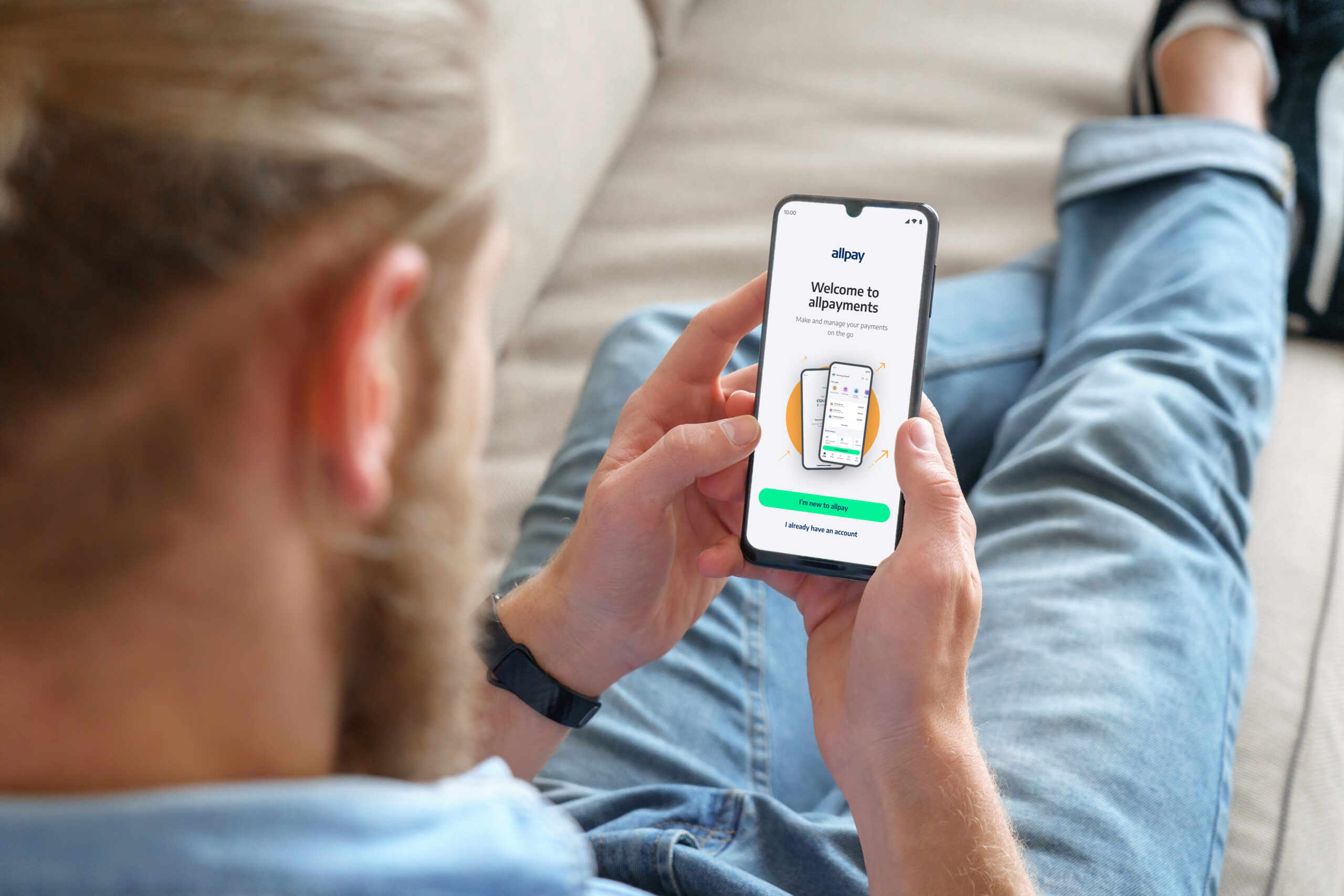This morning’s Treasury Committee report brings a long-overdue issue to the forefront of national attention: the decline in cash acceptance and its potential to create a two-tier society that disadvantages the most vulnerable.
The report makes for sobering reading. It highlights the direct impact on people living in poverty, the elderly, domestic abuse survivors, and those with learning disabilities – all groups for whom cash remains a critical lifeline. Without clear government policy or legislation to mandate cash acceptance, we risk excluding millions from everyday life.
At allpay, we believe no one should be shut out of essential services because of how they pay. That’s why we work closely with our nationwide cash collection networks – Post Office, Payzone, and PayPoint – enabling physical currency payments at over 60,000 locations across the UK. These networks ensure that people can pay bills, top up accounts, or settle rent locally and conveniently. It’s a proven, working solution that supports inclusion in real-time.
This isn’t about choosing cash or digital. It’s about maintaining both – and ensuring customers, especially the most vulnerable, retain the freedom to choose what works for them.
Recent figures show that while digital payments continue to grow, cash still made up nearly 20% of all UK transactions in 2023, up from 18.8% the previous year – its second consecutive year of growth. Around 1.5 million people in the UK still rely on cash as their primary method of payment.
Yet, 40% of people say they’ve encountered places that refused cash, often with no alternative provided. For many, especially those without bank accounts or digital access, this isn’t just an inconvenience – it’s a barrier to essential services.
As Michelle Pacey, Managing Director of allpay, puts it: “Cash remains a critical part of the UK’s payment landscape – not just for choice, but for security and inclusion. In times of disruption – whether it’s a bank outage, digital failure, or simply a lack of access, it’s cash that people turn to. It’s not just a payment method; it’s a safety net. For many, removing the option to pay in cash isn’t just inconvenient, it’s exclusionary.”
The Treasury Committee’s call for better monitoring and potential regulation is a wake-up call. The time for inaction has passed. Businesses, councils, and service providers need to take this seriously, and we’re here to help them do just that.
At allpay, we’ve always believed that inclusion must be intentional. That’s why our solutions are designed not only to collect payments efficiently, but to support people at every stage, from cash to digital, and everything in between.
If the government is serious about protecting access to essential services for all, cash acceptance and inclusive payment options can no longer be optional.
Find out more about allpay’s services here.


